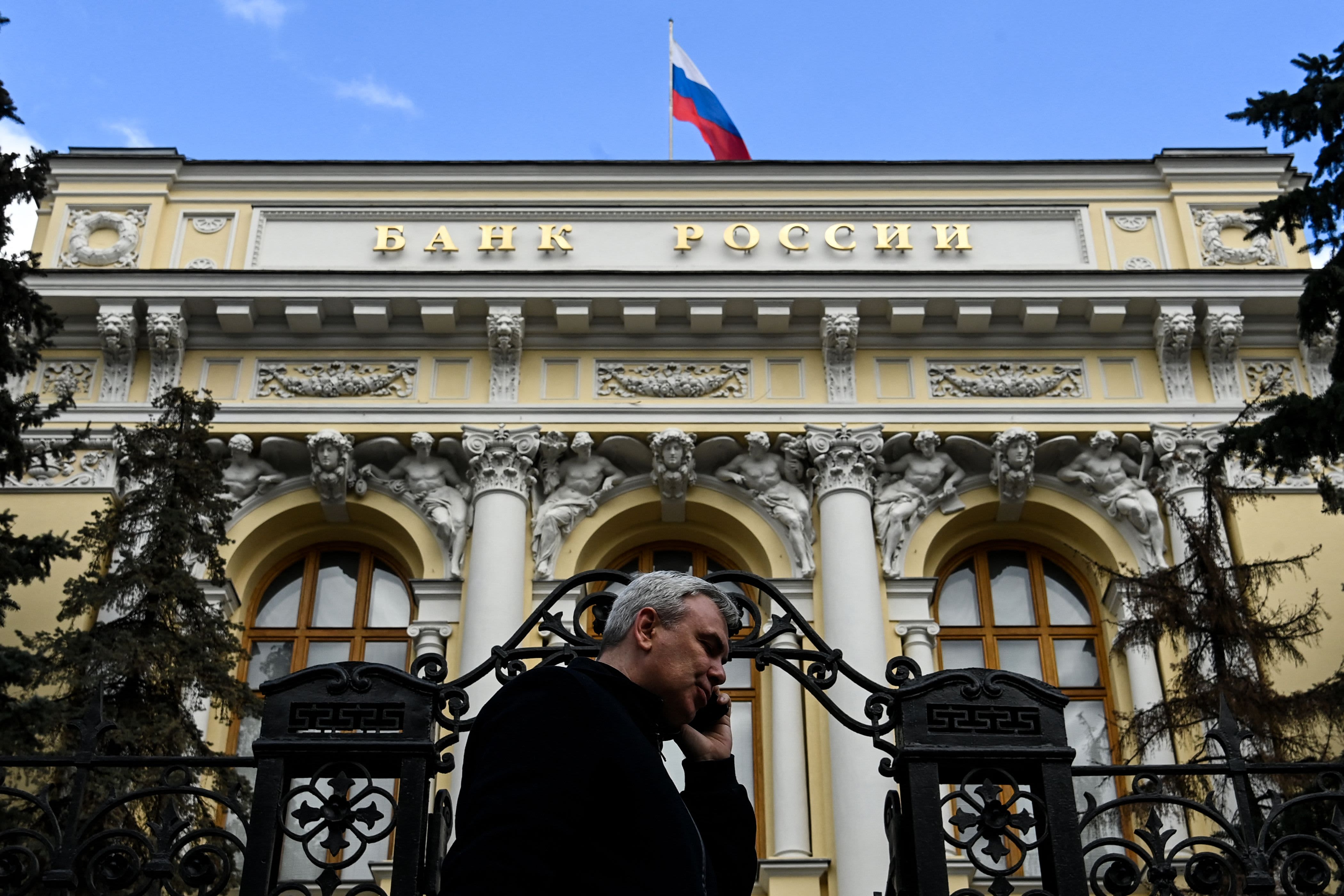
As the economy moves online, digital currencies will be the future of financial systems, according to Russia’s central bank governor, Elvira Nabiullina.
There is a need for fast, cheap payment systems, and central bank digital currencies can fill that gap, she told CNBC’s Hadley Gamble in an exclusive interview.
“I think it’s the future for our financial system because it correlates with this development of digital economy,” she said.
Moscow published a consultation paper on a digital rouble in October, and aims to have a prototype ready by the end of 2021. Pilots and trials could start next year, Nabiullina said.
“We will go step by step, because it’s [a] very difficult, technological, legal … project,” she said.
Central bank digital currencies are not the same as cryptocurrencies, such as bitcoin. They are issued and controlled by authorities, and the value of one digital rouble will equal one cash rouble, the Bank of Russia said last year.
Cryptocurrencies were illegal in Russia until last year, and still cannot be used to make payments.
Many central banks around the world are developing sovereign digital currencies, which advocates say could promote financial inclusion and make cross-border transactions easier.
But Nabiullina predicts there will be challenges finding “common solutions” between systems that have been developed independently by different countries.
“If each bank creates [its] own system, technological systems with local standards, it will be very difficult to create some interconnections between these systems to facilitate all cross-border payments,” she said.
Countering U.S. sanctions
A man on the phone walks past the Russian Central Bank headquarters as the Russian flag flies, in downtown Moscow, on March 19, 2021.
KIRILL Kudryavtsev | AFP | Getty Images
Moscow’s reserves are “quite big, to withstand all financial scenarios or geopolitical scenarios,” and are probably more diverse than other countries’ reserves, she said.
“De-dollarization” is part of a broad policy to manage foreign currency risks, Nabiullina said.
Experts say, however, that Russia has been gradually inching away from using the U.S. dollar as a way to insulate itself from the effects of sanctions that are able to target all companies using the currency.
In 2019, Anne Korin, co-director of the Institute for the Analysis of Global Security, told CNBC that there’s a “growing club” of “very powerful” players who want to undermine the importance of the greenback.
China, Russia and the European Union have strong “motivation to de-dollarize,” she said at the time.
Nabiullina said she sees a trend toward countries having more diversified international reserves, but that it is likely to shift slowly.
“It will happen, but not very fast,” she said.

